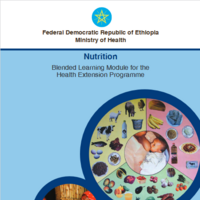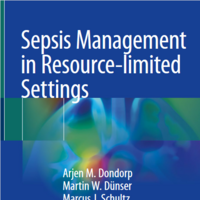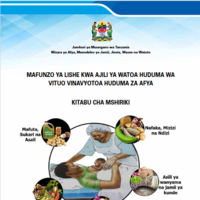Search
Books+
Searching 1,730 books
Search related to the career Nutritionist
Best Practices for Managing Chronic Diseases through Nutrition
1. Consult a Healthcare Professional: Before making any significant changes to your diet, it is crucial to consult with a healthcare professional or a registered dietitian who specializes in managing chronic diseases. They can provide personalized guidance based on your specific condition and needs.
2. Follow a Balanced Diet: A balanced diet is essential for managing chronic diseases. Emphasize consuming a variety of nutrient-dense foods, including fruits, vegetables, whole grains, lean proteins, and healthy fats. Limit the intake of processed foods, added sugars, and unhealthy fats.
3. Portion Control: Pay attention to portion sizes to avoid overeating. Use measuring cups or a food scale to ensure you are consuming appropriate portions of different food groups. This can help manage weight and control blood sugar levels.
4. Limit Sodium Intake: Excessive sodium intake can be detrimental to individuals with chronic conditions such as hypertension or kidney disease. Limit the consumption of processed foods, canned goods, and fast food, as they tend to be high in sodium. Instead, opt for fresh, whole foods and use herbs and spices to enhance flavor.
5. Monitor Carbohydrate Intake: For individuals with diabetes or insulin resistance, monitoring carbohydrate intake is crucial. Focus on consuming complex carbohydrates from whole grains, legumes, and vegetables, while limiting refined carbohydrates and sugary foods.
6. Control Fat Intake: Choose healthy fats, such as those found in avocados, nuts, seeds, and olive oil, while limiting saturated and trans fats. This can help manage cholesterol levels and reduce the risk of heart disease.
7. Increase Fiber Intake: Adequate fiber intake is beneficial for managing various chronic diseases. Include fiber-rich foods like fruits, vegetables, whole grains, legumes, and nuts in your diet. Fiber can help regulate blood sugar levels, improve digestion, and promote heart health.
8. Stay Hydrated: Proper hydration is essential for overall health. Drink an adequate amount of water throughout the day and limit the consumption of sugary beverages, sodas, and excessive caffeine.
9. Be Mindful of Food Labels: Read food labels carefully to understand the nutritional content and make informed choices. Pay attention to ingredients, serving sizes, and nutrient information, especially for sodium, added sugars, and unhealthy fats.
10. Maintain Consistency: Consistency is key when managing chronic diseases through nutrition. Stick to a regular eating schedule, avoid skipping meals, and aim for a consistent intake of nutrients. This can help stabilize blood sugar levels, manage weight, and maintain overall health.
Remember, these best practices are general guidelines. It is essential to work with a healthcare professional to develop an individualized nutrition plan based on your specific chronic disease, medical history, and dietary requirements.
Source: Various AI tools
Nutrition
Books tagged nutrition
Health
Healthcare providers
Books tagged healthcare providers
Sustainable development
Books tagged sustainable development
Searched in English.







































































